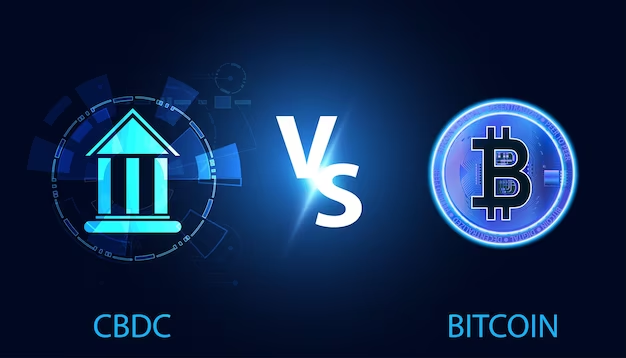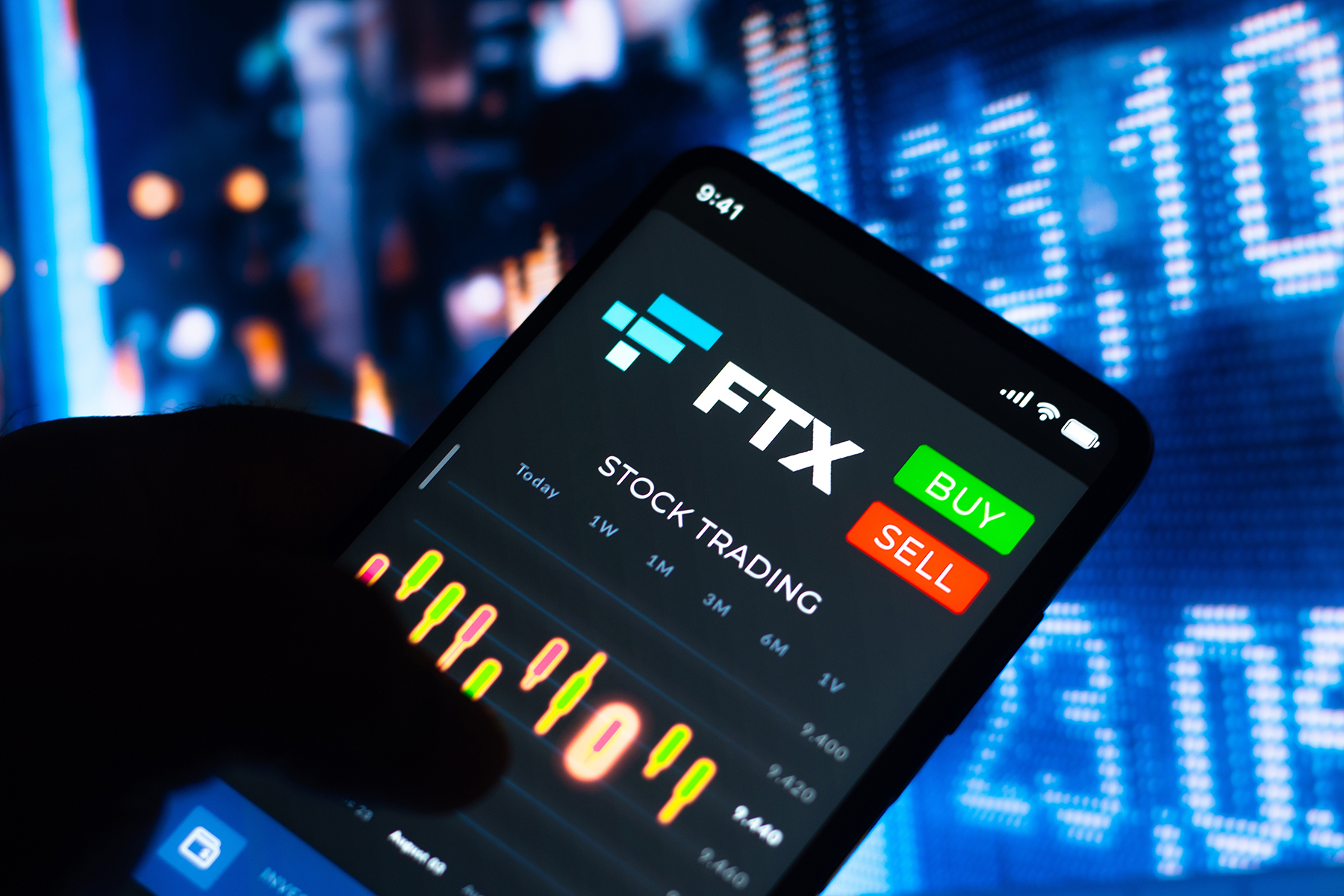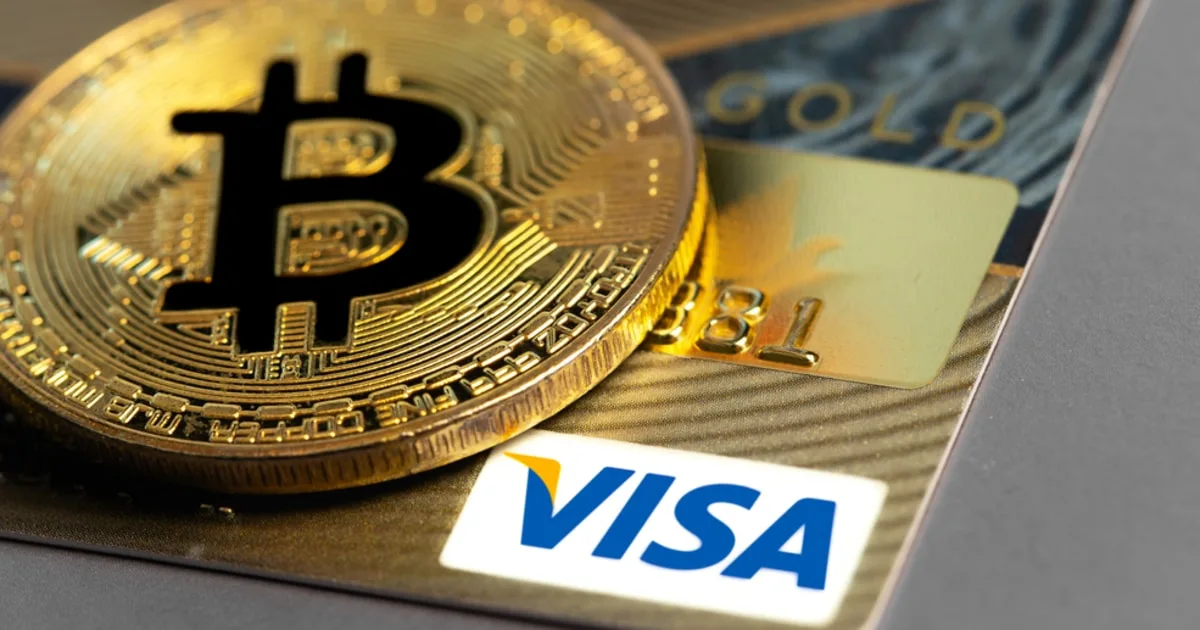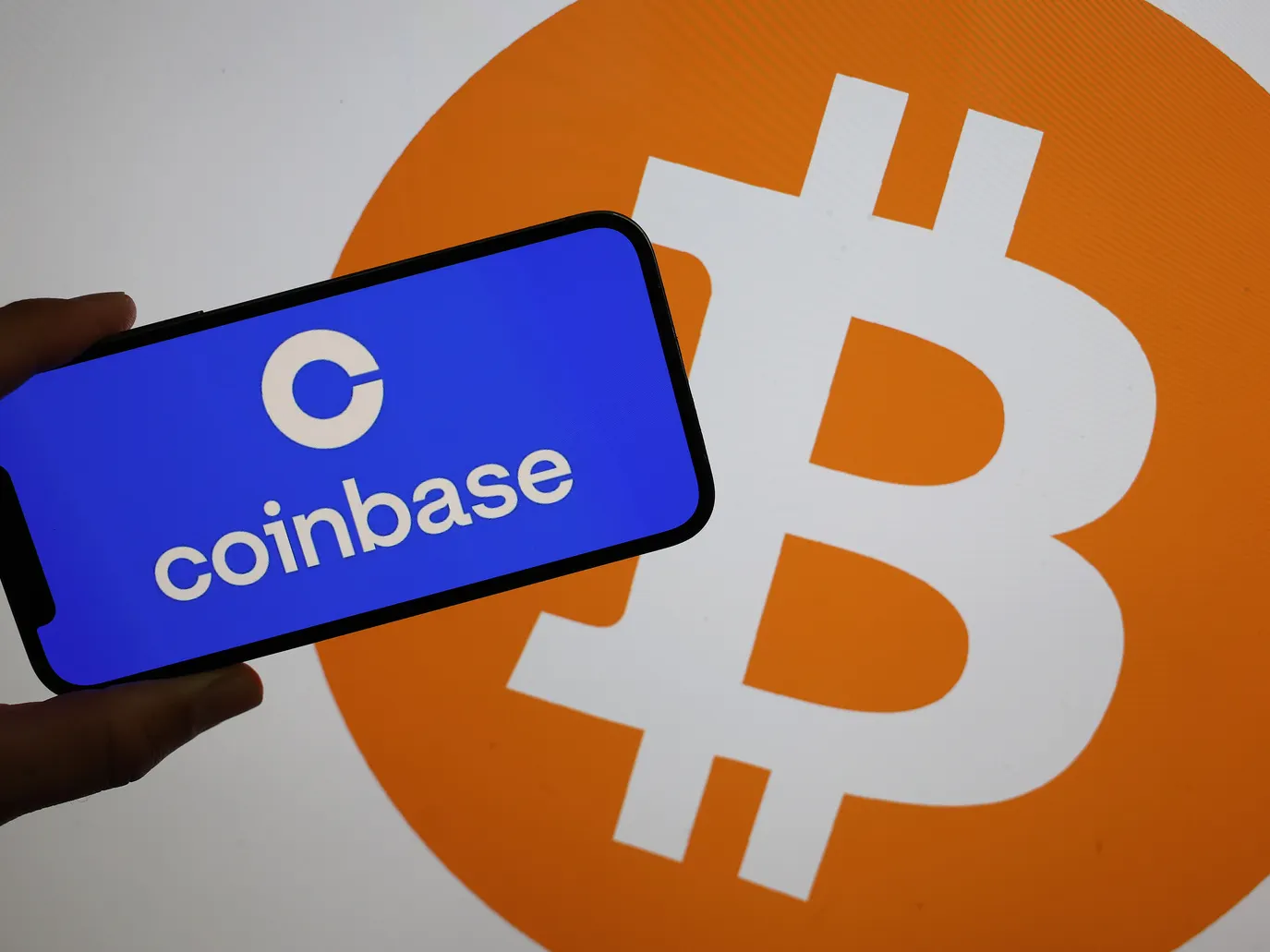Bitcoin, once viewed skeptically by traditional financial institutions, is now making significant inroads into the world of conventional finance. As digital currencies become more mainstream, banks and other financial entities are increasingly integrating Bitcoin into their services and investment products. This article explores the recent partnerships and developments that highlight Bitcoin’s growing role in traditional finance.

Bitcoin: Revolutionizing Finance and Challenging Traditional Norms
The Shift in Perspective
Initially, Bitcoin was perceived as a threat to traditional financial systems due to its decentralized nature and potential to bypass established banking structures. However, as the cryptocurrency market matured and regulatory frameworks evolved, financial institutions began to recognize the value and demand for digital assets. This shift in perspective has led to various innovative partnerships and integrations.
Banks Offering Bitcoin Services
One of the most notable trends is the increasing number of banks offering Bitcoin services to their clients. Here are some key examples:
JP Morgan Chase
Once a vocal critic of Bitcoin, JP Morgan Chase has now embraced the cryptocurrency. In 2021, the bank began offering its wealth management clients access to Bitcoin funds, acknowledging the growing interest and demand from investors.
Goldman Sachs
Goldman Sachs has relaunched its cryptocurrency trading desk and offers Bitcoin futures trading. Additionally, the bank is exploring ways to offer Bitcoin investment products to its clients, signaling a significant shift in its approach to digital assets.
BNY Mellon
BNY Mellon, America’s oldest bank, announced the creation of a digital assets unit to develop a multi-asset custody and administration platform for traditional and digital assets. This move highlights the bank’s commitment to integrating Bitcoin into its services.
Bitcoin in Investment Products
Traditional financial institutions are also integrating Bitcoin into various investment products, making it more accessible to mainstream investors. Some notable developments include:
Bitcoin ETFs
Bitcoin Exchange-Traded Funds (ETFs) have been a significant development in integrating Bitcoin into traditional finance. In October 2021, ProShares launched the first Bitcoin ETF in the United States, providing investors with exposure to Bitcoin without the need to directly purchase and store the cryptocurrency.
Grayscale Bitcoin Trust (GBTC)
Grayscale’s Bitcoin Trust has become one of the most popular ways for institutional and retail investors to gain exposure to Bitcoin. The trust offers a familiar investment vehicle that tracks the price of Bitcoin, making it easier for traditional investors to participate in the cryptocurrency market.
Fidelity Investments
Fidelity has been a pioneer in integrating Bitcoin into its investment offerings. The firm launched its Fidelity Digital Assets division to provide custody and trading services for cryptocurrencies, and it continues to advocate for Bitcoin investment products.

Cryptocurrency Explained With Pros and Cons for Investment
Partnerships Driving Innovation
The integration of Bitcoin into traditional finance is also being driven by strategic partnerships between financial institutions and cryptocurrency companies. These collaborations are fostering innovation and expanding the reach of Bitcoin services. Some key partnerships include:
PayPal and Paxos
PayPal partnered with Paxos to enable its users to buy, sell, and hold Bitcoin and other cryptocurrencies directly through its platform. This partnership has significantly increased the accessibility of Bitcoin to millions of PayPal users worldwide.
Visa and Crypto.com
Visa has partnered with Crypto.com to issue cryptocurrency-linked debit cards, allowing users to spend their Bitcoin and other digital assets at any merchant that accepts Visa. This integration bridges the gap between digital currencies and everyday transactions.
Mastercard and Bakkt
Mastercard announced a partnership with Bakkt to enable its merchants and banks to integrate cryptocurrency solutions into their offerings. This collaboration aims to bring Bitcoin and other digital assets to a broader audience through Mastercard’s extensive network.
The Future of Bitcoin in Traditional Finance
The integration of Bitcoin into traditional finance is still in its early stages, but the momentum is undeniable. As financial institutions continue to embrace digital assets, several key trends are likely to
shape the future:
Regulatory Clarity
Clear and supportive regulatory frameworks will be crucial for the continued integration of Bitcoin into traditional finance. Regulations that address security, custody, and compliance will help build trust and encourage further adoption.
Technological Advancements
Innovations in blockchain technology and financial infrastructure will facilitate the seamless integration of Bitcoin into existing financial systems. Enhanced security, scalability, and interoperability will be critical to supporting widespread adoption.
Increased Institutional Adoption
As more institutional investors recognize the potential of Bitcoin, demand for Bitcoin-related financial products and services will continue to grow. This trend will drive further integration and innovation in the financial sector.

Can the Bitcoin revival reshape the future of finance?
Conclusion
The integration of Bitcoin into traditional finance marks a significant milestone in the evolution of digital currencies. Through strategic partnerships, innovative investment products, and the support of major financial institutions, Bitcoin is becoming an integral part of the financial landscape. As the industry continues to evolve, the synergy between traditional finance and digital assets will pave the way for a more inclusive and dynamic financial system.




















